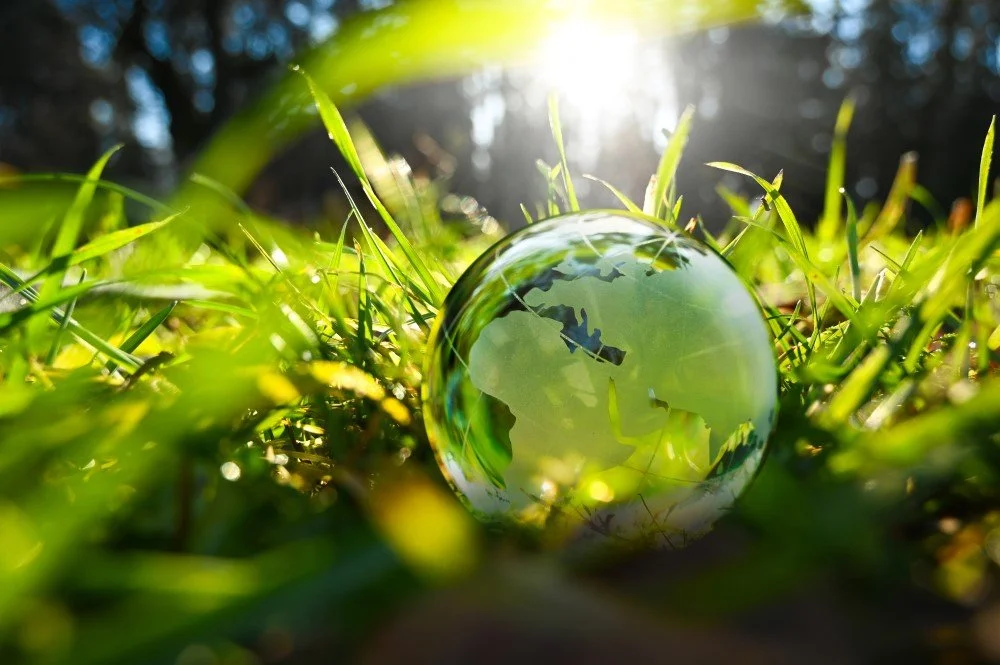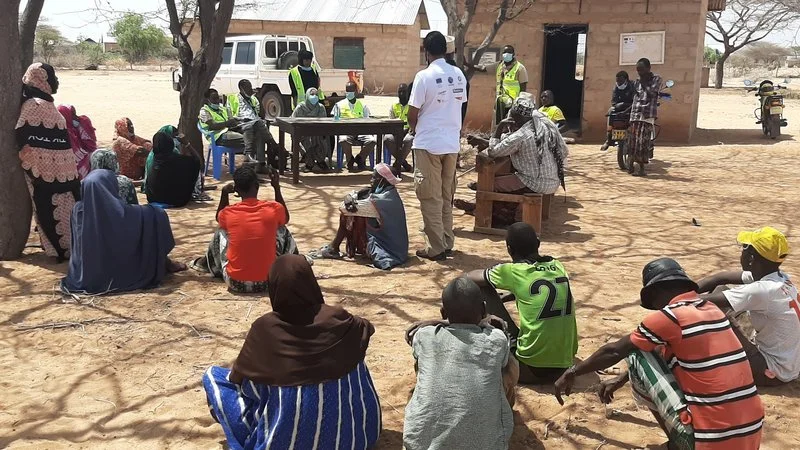Build and Share Power: Non-profits and movement leaders have traditionally not been present in rooms where governments and corporations make big structural decisions. This is especially true for black-, indigenous-, and people of color-led organisations, as well as those led by women, young people, and people with disabilities. Funders can help re-balance these inequities. They can achieve this by sharing power with and building power for the social sector, giving more resources directly at the local level to organisations with local leadership and local ownership, and making more robust investments in organizations led by proximate leaders of color. More inclusive decision-making structures and spaces need to be designed.
PACT FOR THE FUTURE |PART TWO
We commit to achieving a world in which humanity lives in harmony with nature, to conserving and sustainably using our planet’s marine and terrestrial resources, including through sustainable lifestyles, and sustainable consumption and production, to reversing the trends of environmental degradation, to promoting resilience, to reducing disaster risk, and to halting ecosystem degradation and biodiversity loss. We will conserve and sustainably use oceans and seas, freshwater resources, as well as forests, mountains and dry lands and protect biodiversity, ecosystems and wildlife.
PACT FOR THE FUTURE
We, the Heads of State and Government, representing the world's people, have gathered at United Nations Headquarters to take action to safeguard the future for present and coming generations. We are at a moment of acute global peril. Across our world, people are suffering from the effects of poverty, hunger, inequality, armed conflicts, violence, displacement, terrorism, climate change, disease, and the adverse impacts of technology. Humanity faces a range of potentially catastrophic and existential risks. We are also at a moment of opportunity, where advances in knowledge and technology, properly managed, could deliver a better future for all.
ADDRESING MODERN SLAVERY AT CSW68
IDEAS TO ADVANCE LOCALIZATION
This article captures the full range of notes and ideas to address localization challenges, generated by workshop participants during brainstorming and small group discussions. The views and conclusions contained in this article are primarily those of non-USAID participants and should not be interpreted as representing the views, positions, or official policies, either expressed or implied, of the U.S. Government.
CHALLENGES TO LOCALIZATION
This article captures the full range of notes and ideas about the challenges to localization, generated by workshop participants during brainstorming and small group discussions. The views and conclusions contained in this article are primarily those of non-USAID participants and should not be interpreted as representing the views, positions, or official policies, either expressed or implied, of the U.S.Government.
Partners In Localization |Designing For Change
Those who work in the development and humanitarian sphere know that local ownership of international assistance is the route to greater equity, effectiveness, and sustainability. USAID has embraced this understanding and redoubled our commitment to shift funding and decision-making power to the people, organizations, and institutions driving change in their communities. Similar commitments are shared by actors across the development and humanitarian ecosystem, from national and local to U.S.-based or international organizations.
Youth For Future | Informal Youth Working Group For Summit For The Future
We call for the implementation of international standards for meaningful youth engagement, including those outlined in the Secretary-General’s Policy Brief. Implement, in the strongest terms possible, all recommendations from all related resolutions adopted by the UN Security Council and other bodies such as but not limited to the General Assembly and the Human Rights Council, including the Youth2030 Strategy.
Human Rights 75 Youth Declaration | Sustainable Future For Present And Future Generations.
We envision a new agenda that can fulfill our vision of building a world in which “human beings shall enjoy freedom from fear and want.” A world where human rights are not an abstract aspiration but an everyday obligation that must be upheld; a world without discrimination, where diversity is embraced, and everyone has equal access to opportunities and resources; a world where human dignity, human rights, and our planet are not sacrificed for the profit of a few in power.
Climate and Health Framework | Act on Climate Our Lives Depend on It
The climate crisis is a health crisis fueled by an untenable status quo. It is threatening our food, water, and air, worsening disease and extreme weather, and putting our physical, mental, and social well-being at risk. While the threat of the climate crisis is universal, the speed and severity of the impacts are not. Those who did the least to cause this emergency suffer the most as climate shocks push inequitable and fragile health systems past the breaking point.











